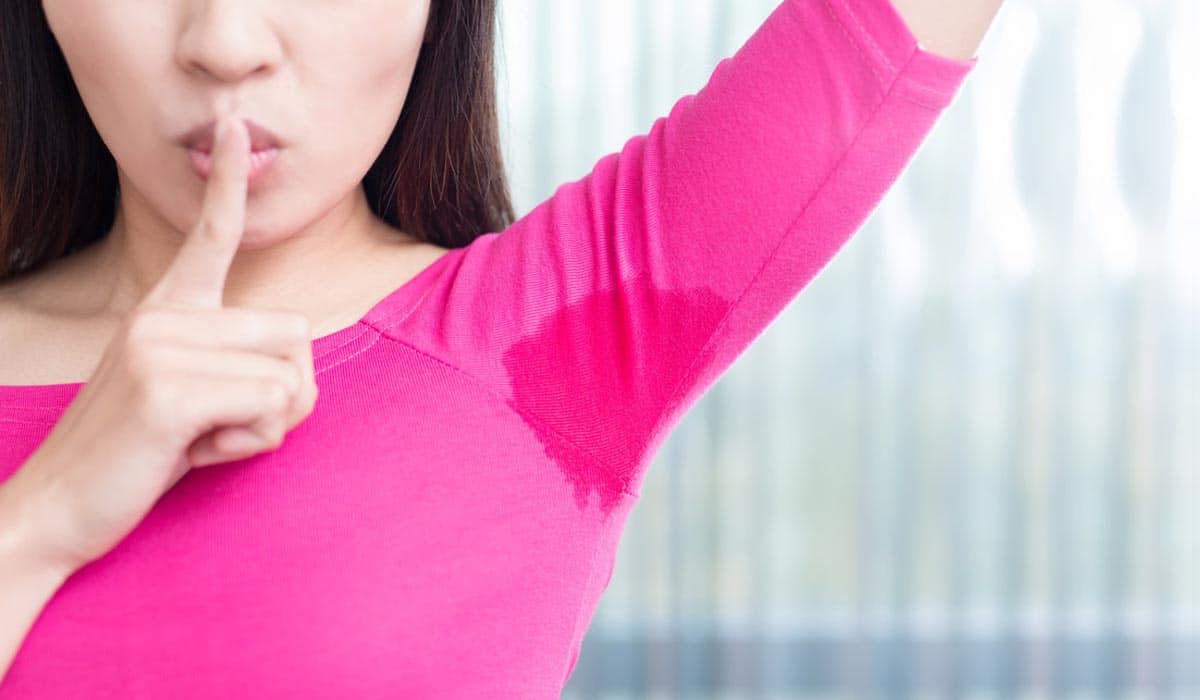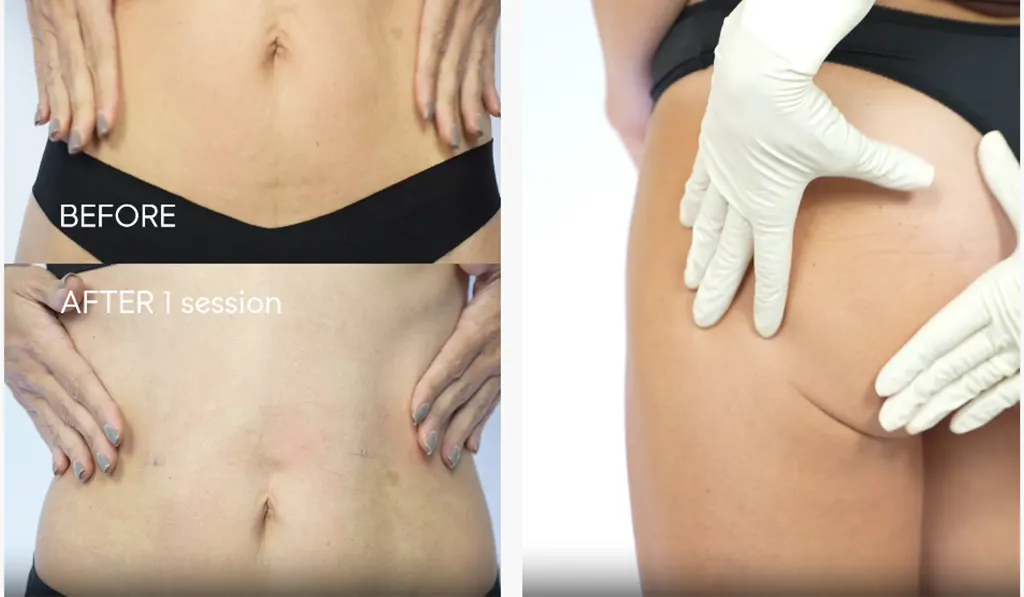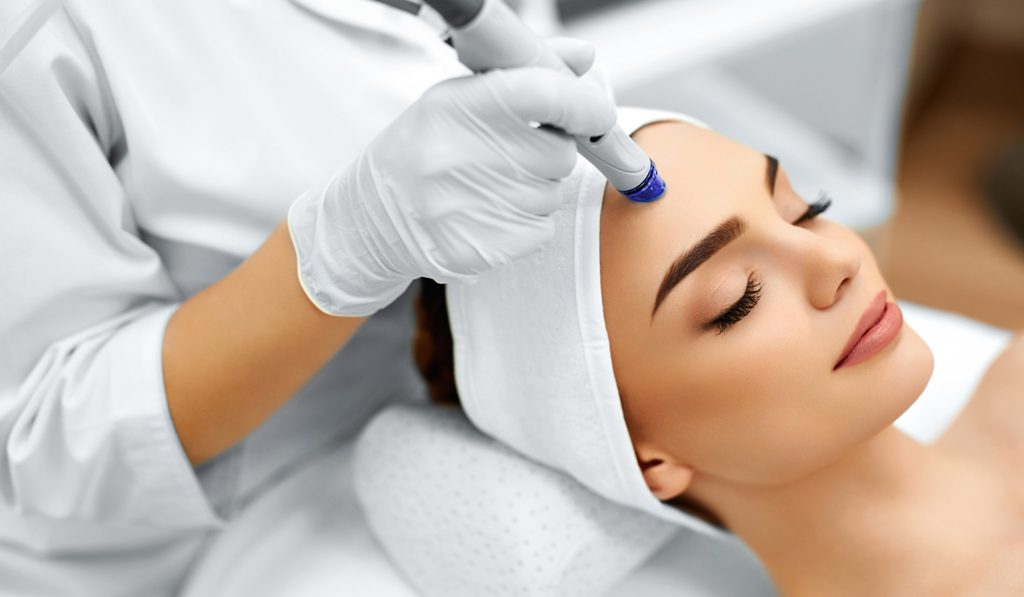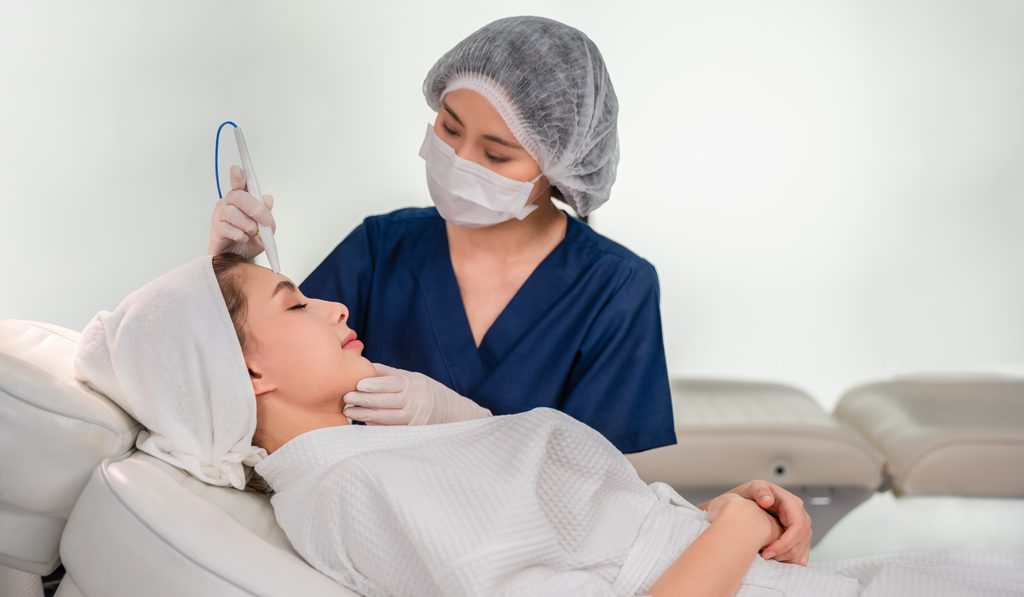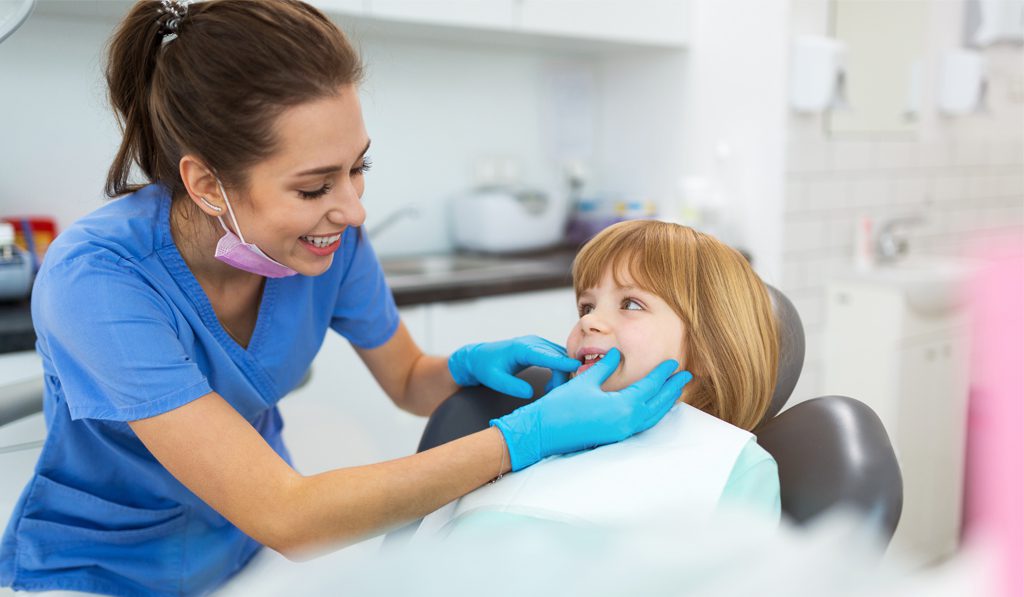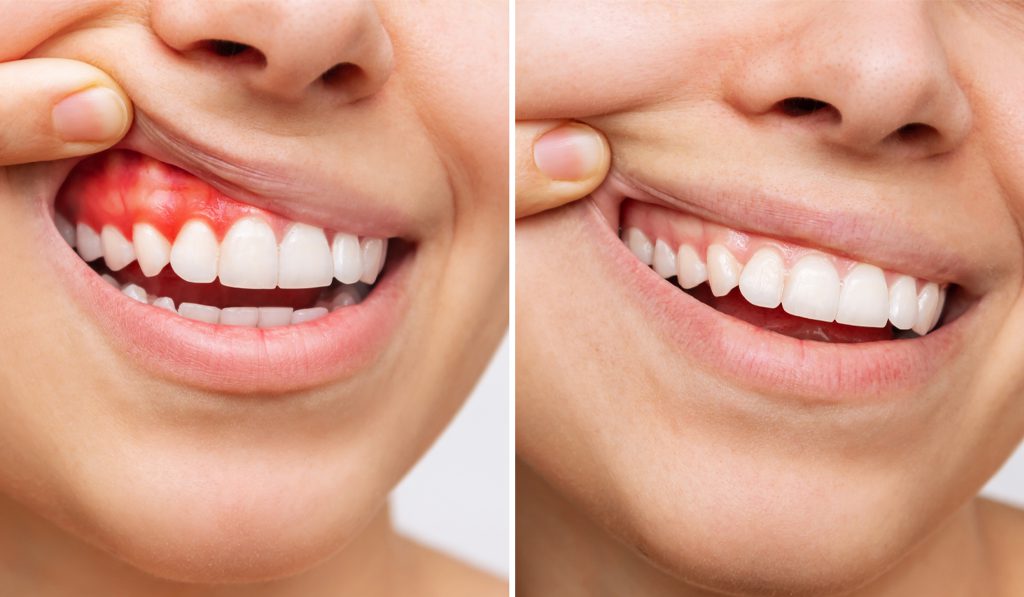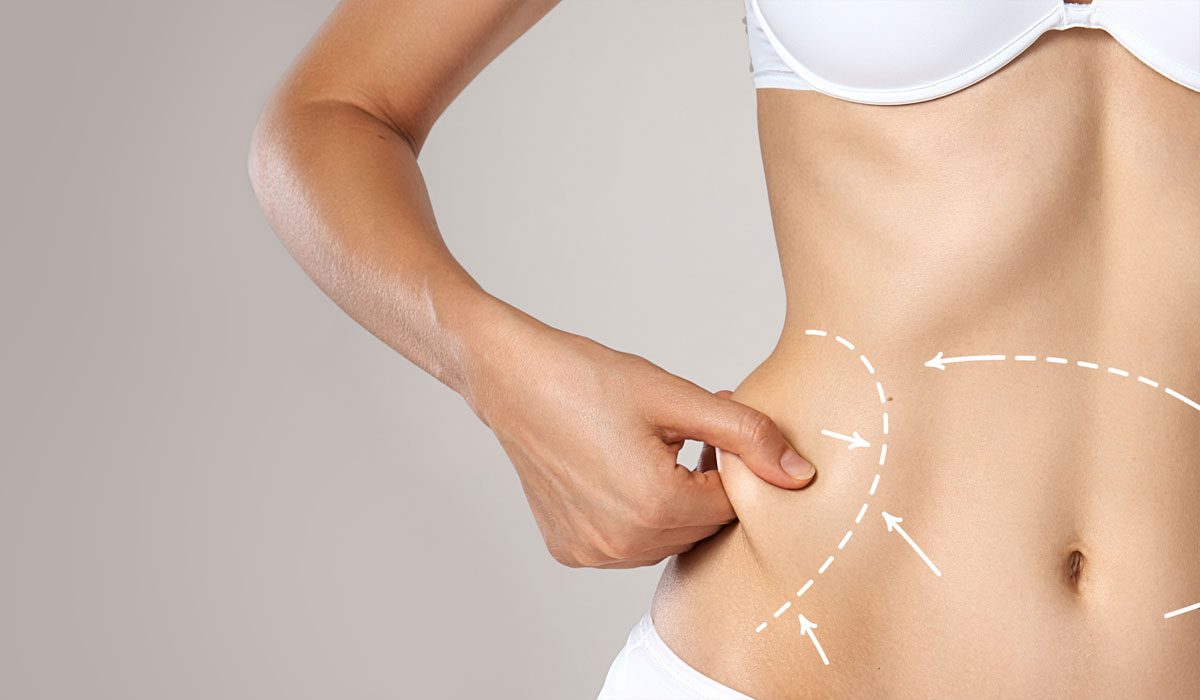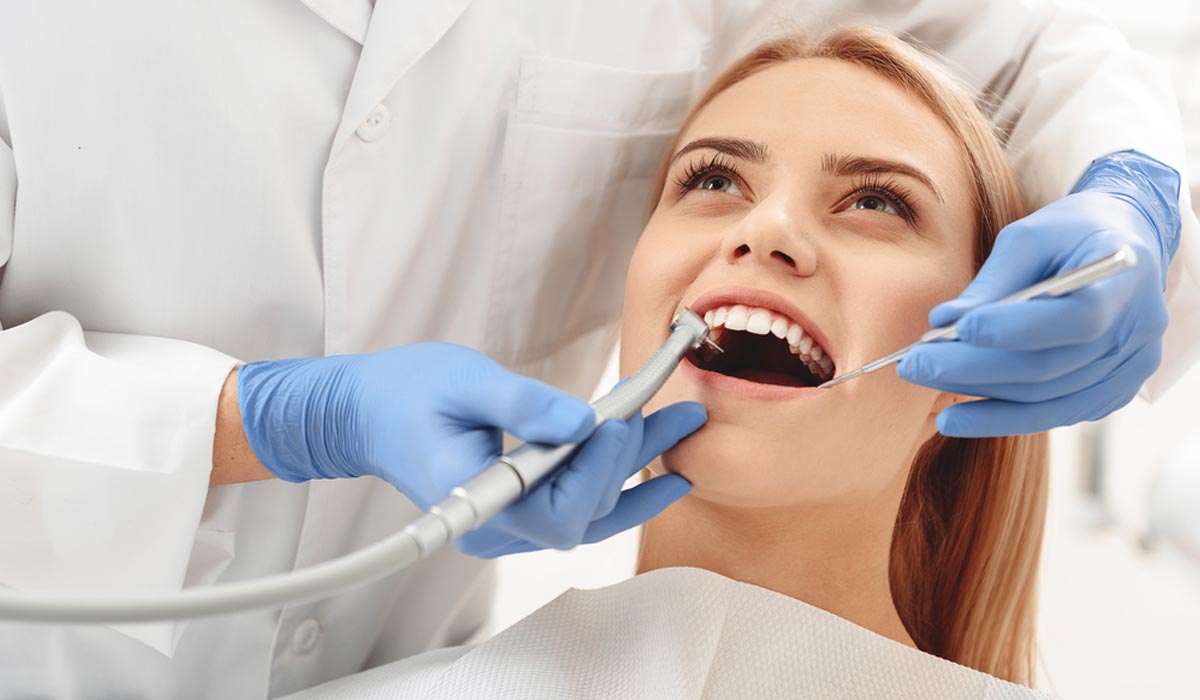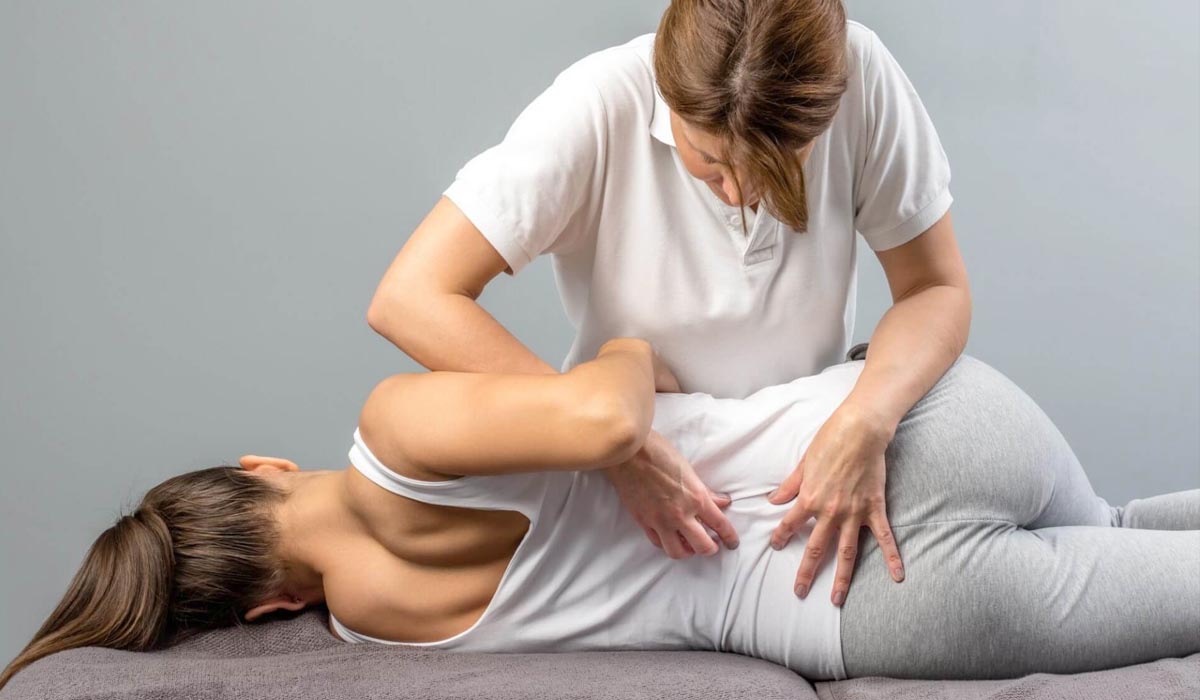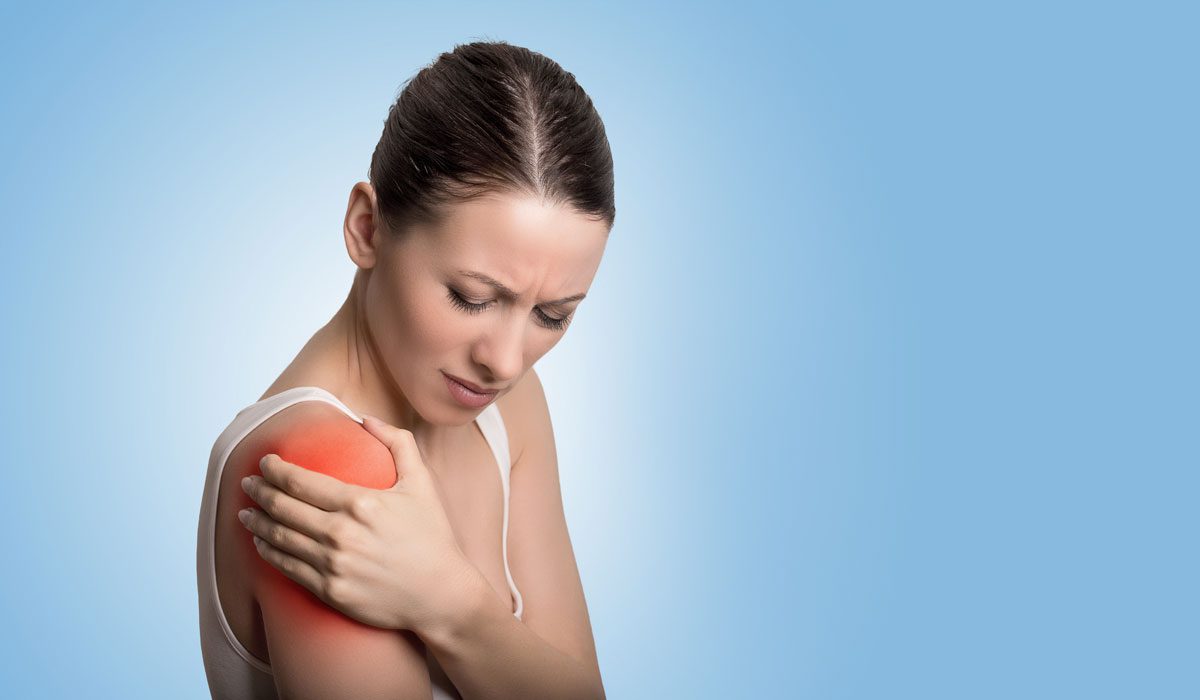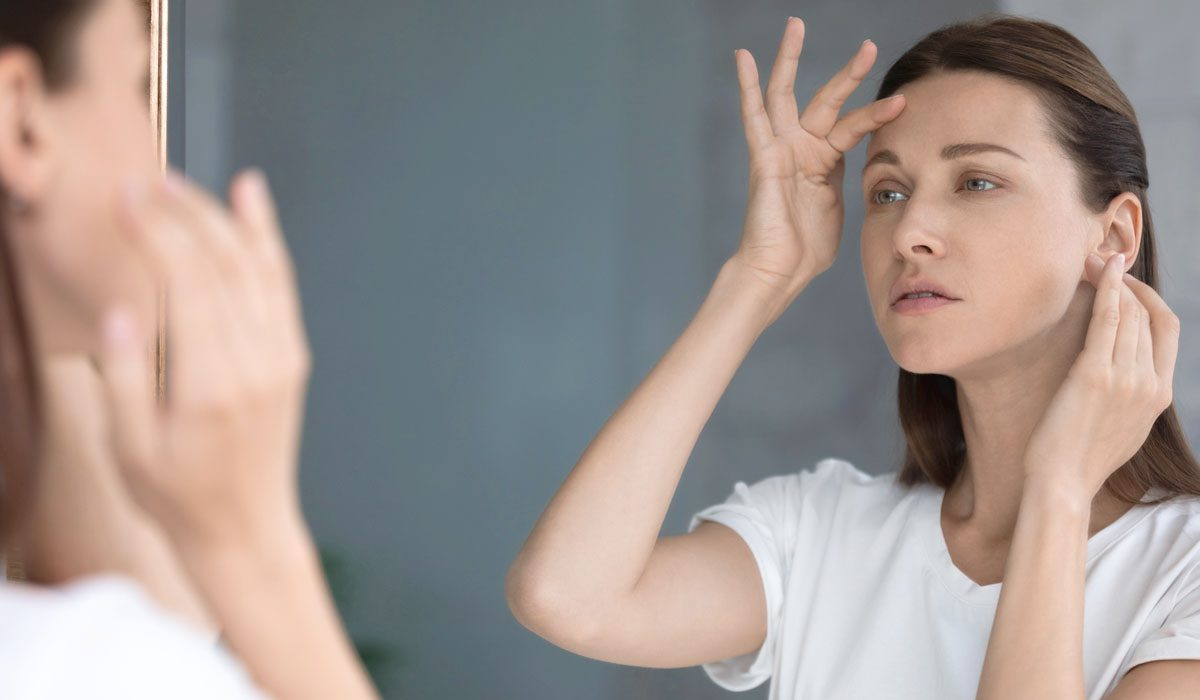Hyperhidrosis Disorder (Excessive Sweating): Symptoms, Causes, Diagnosis, Treatment
Humiliation, shame, and social tension related to sweat-soaked clothes, wet palms, and feet can be severe. Though sweating is a crucial physiological function that keeps our body cool, yet excessive and unexplained sweating is associated with other problems.
75% of patients suffering from the excessive sweating claim that it has negatively impacted their social life, sense of emotional and mental well-being.
Are you embarrassed about your sweaty arms and feet?
Do sweat-soaked underarms make you nervous in social-gatherings?
You could be suffering from the excessive sweating condition, which is technically termed as Hyperhidrosis.
What is Hyperhidrosis?
Hyperhidrosis is excessive sweating that does not have any necessary reasons for an occurrence like heat or exercise. The condition may affect the whole body or specific areas. It notoriously disrupts daily activities and may even cause psychological trauma.
Hyperhidrosis can be categorized into two types:
Primary focal hyperhidrosis:
Primary Focal Hyperhidrosis refers to excessive sweating on specific areas (thus, described as focal). Any underlying medical conditions do not cause this type of sweating. The most common focal areas are hands, feet, underarms, face, or head. Generally, people complain about more than one region where they experience extreme sweating.
The condition usually starts in childhood or around adolescence. Peculiarly, the people affected by primary focal hyperhidrosis do not sweat much while sleeping. Some experts believe that this type of hyperhidrosis is usually inherited, but there is no solid research to back that claim.
Secondary generalized hyperhidrosis:
Secondary Generalized Hyperhidrosis is caused by an underlying medical condition or as a side effect of some medications.
Unlike the former one, this type of Hyperhidrosis causes sweating on larger or other body areas. Apart from this, patients may also experience excessive sweating while sleeping (night sweats). The condition usually begins in adulthood, and it is extremely rare among children and teenagers.
What are the Causes of Hyperhidrosis?
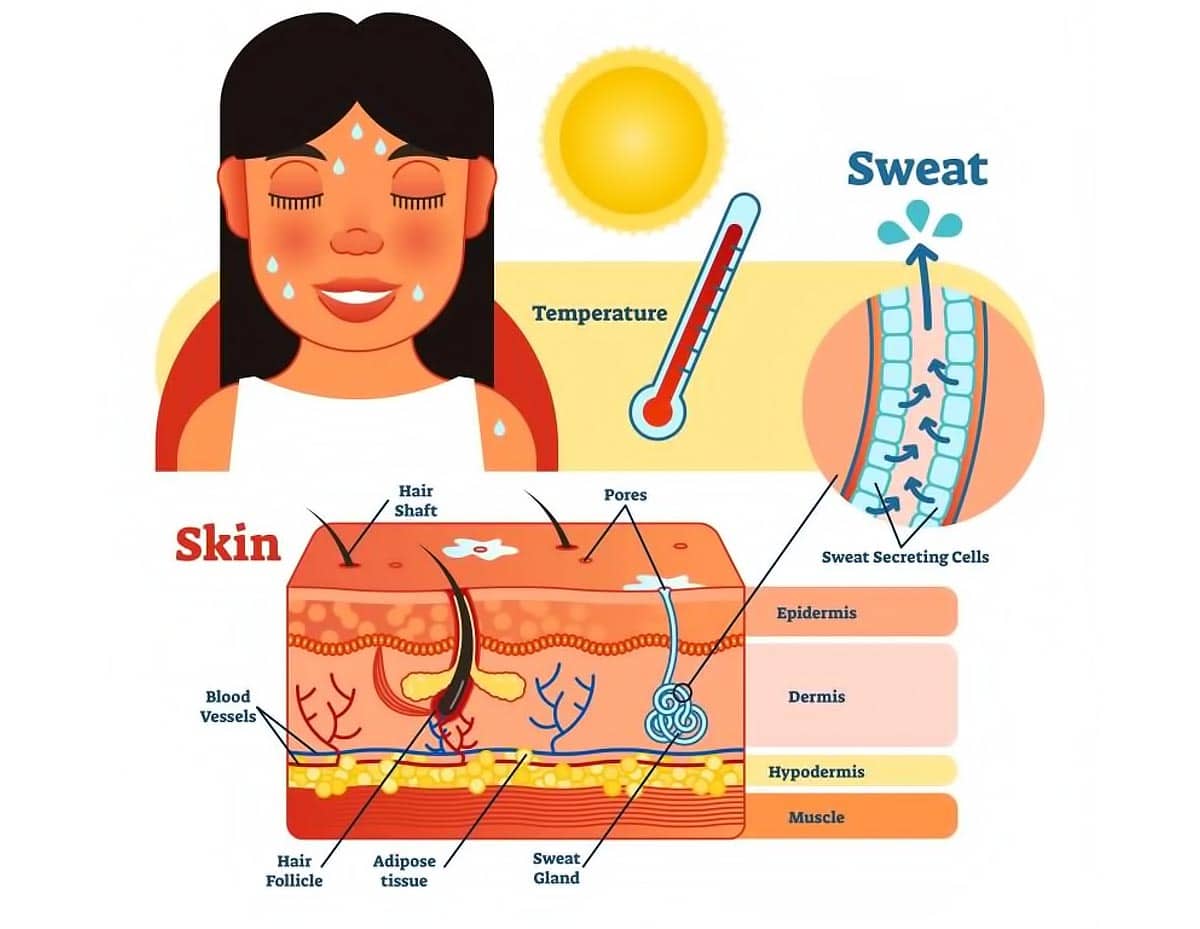
Sweating is an essential physiological function and our body’s mechanism to cool itself. Our body automatically triggers the sweat glands whenever there is a rise in the body’s temperature. Excessive sweating can be triggered when the nerves signaling our sweat glands become overactive.
Based on the type of hyperhidrosis, your cause may also vary. The reasons for the occurrence of primary focal hyperhidrosis are still murky. Apart from heredity, health experts believe it is linked to a patient’s emotional and psychological state. The stress, anxiety, and other neurological issues are pointed out to be the main reasons. However, several researchers believe that it’s actually the other way round, where hyperhidrosis gives rise to psychological issues. Resting the case, it may take several more years before science could pinpoint a cause. But there are plenty of treatments available for patients suffering from the condition.
Secondary hyperhidrosis, on the other hand, has a very comprehensive list of causes. The most common medical conditions that cause excessive sweating are gout, obesity, menopause, tumor, diabetes mellitus, or hyperthyroidism. You may have one or more than one cause, making you sweat unreasonably.
There are also several drugs that induce uncontrolled sweating, such as some antidepressants, anticholinesterase, pilocarpine, or propranolol.
When to see a doctor?
Do not brush it aside by saying, “It’s just sweat.” It can be a sign of a serious medical condition.
Visit an aesthetic dermatology clinic if you experience any of the below symptoms:
- Sweating is disrupting your daily routine.
- You are experiencing it has suddenly increased significantly.
- You experience night sweats even on cold nights.
- Sweating is causing skin infections.
- Sweating has started to affect your social and emotional behavior.
Seek immediate attention if sweating is accompanied by:
- Lightheadedness
- Chest pain
- Nausea
How to get a diagnosis for Hyperhidrosis?
First, book your appointment with an experienced aesthetic dermatologist. Your doctor may ask you about your medical history, symptoms, and medications you are on, during your appointments. To better understand your condition and for further evaluation, doctors recommend tests and screening.
Sweat Test: There are multiple sweat tests available to determine the severity of your condition. One such test is the starch-iodine test. It involves putting starch powder on the sweaty areas like hands, underarms, etc. If the starch turns dark blue, you have excessive sweating. Other than this, there are skin conductance and thermoregulatory tests.
Lab Test: The doctor may recommend blood and urine analysis to check if another medical condition is causing the sweating.
What are the treatment options available for Hyperhidrosis?
Systematic evaluation and consistent and stepwise approach to treatment has proven to be extremely effective on many people.
Below are the available treatment options for excessive sweating:
- Antiperspirants: Initially, a lower dose of metal salts such as aluminum is prescribed. If the situation does not improve, then stronger antiperspirants containing Aluminum Chloride Hexahydrate are prescribed.
- Iontophoresis: In this treatment, hands and feet are submerged in ionized water. The device then passes painless electric currents through the water. The procedure is conducted for 20-30 minutes and has zero downtime.
- Botulinum toxin (Botox injections): The Botox injections are approved for treating excessive sweating of underarms.
- Laser treatment: Laser is a targeted treatment that kills the underarm sweat glands.
- Microwave destruction: miraDry is a popular technique that permanently destroys the sweat glands without damaging other tissues.
- Other oral medication: Oral anticholinergics are also proven to be effective for patients who have Hyperhidrosis. However, some reports have produced side effects such as dry mouth, insomnia, and blurred vision.
- Acupuncture: Acupuncture and other such medical treatments rarely treat the symptoms of sweating directly. It mainly works on treating the underlying medical conditions and calming the nervous system. However, it is very effective.
- Topical anticholinergic pads: Pads soaked in glycopyrronium tosylate (a type of anticholinergics) are generally used for axillary (underarms) hyperhidrosis.
- Surgery: Thoracic sympathectomy is often considered as a last resort to patients suffering from severe hyperhidrosis. In this surgical procedure, parts of sympathetic nerve supply are destroyed that connects to sweat glands in the skin.
There are several home remedies and self-treatment options for hyperhidrosis. It should be tried, only if you think it’s within manageable limits.
- Taking a relaxing bath in cold water for more than once.
- Wearing breathable clothes.
- Herbal teas are made of sage, chamomile, valerian roots, etc.
- Relaxation techniques.
- Wiping the affected areas by apple cider vinegar.
Most of these home remedies are a compilation of people’s personal experiences. It is always advisable to talk to your doctor before implementing them.
The recent developments and medical advancements have increased the possibility that you may get rid of this annoying condition. You can also have a chance at the improved quality of life, without fearing the embarrassment caused by sweaty palms or underarms. Generally, a patient suffering from this condition seek medical help only after living with it for years. There are no reasons for living with hyperhidrosis, which affects your emotional and social health.

